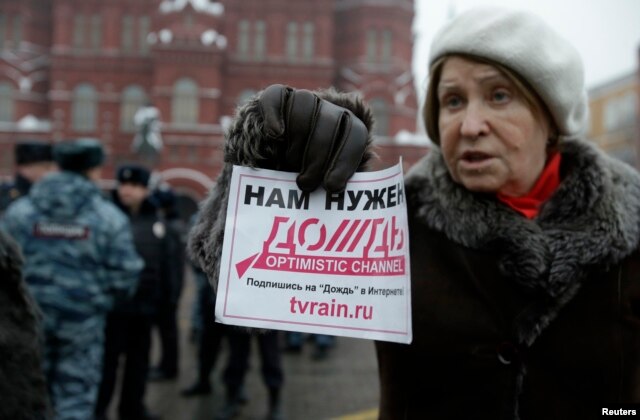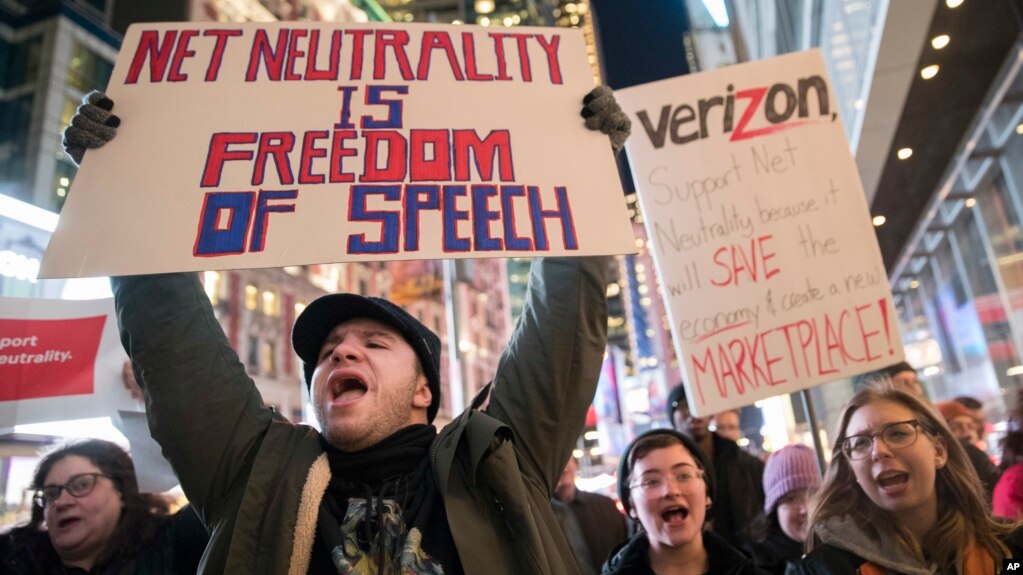
For those of us sitting here before our screens and either typing in words or reading them, this should be a very important subject. But, how many of us understand what this means? Or even what the Internet is? This is one of the most informative articles on the subject I've read. The main thing it points out is:
To summarize, the Internet comprises two types of things: public domain ideas, such as the TCP/IP protocol and HTML coding language; and private property, such as personal computers, servers, and fiber optic cable.*
And, using this, there is a huge, FREE interchange of ideas and information. That being the case, just what is “net neutrality”? Here's another summary:
Plainly stated, net neutrality is the idea that the Internet is “public property”; thus, the government must ensure that online content is delivered in a “neutral,” non-preferential fashion.
This informative – and frightening – article can be read @ Net Neutrality: Toward a Stupid Internet - The Objective Standard






